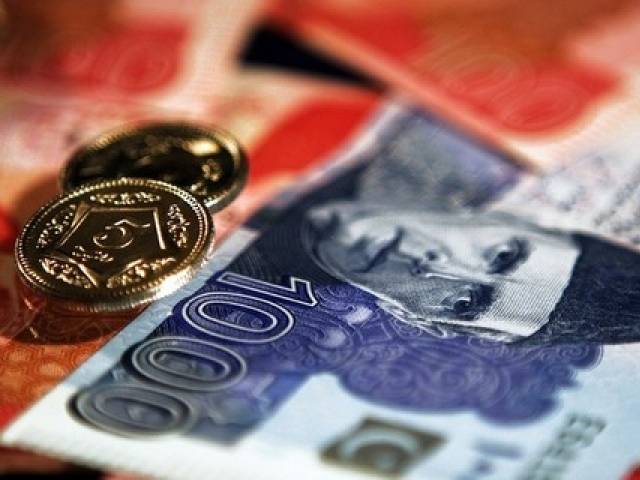Pakistan missed three of the five critical fiscal targets set by the International Monetary Fund (IMF) for the first quarter of FY25, including a cash surplus requirement of Rs342 billion from provincial governments.
The Ministry of Finance’s latest report reveals a challenging path for meeting IMF benchmarks as the government grapples with budget deficits, especially in Punjab, and sluggish tax collections.
In the fiscal operations summary for July-September, the finance ministry confirmed Pakistan met the primary budget surplus and provincial net revenue collection targets.
The federal government recorded a primary surplus of Rs3 trillion, or 2.4% of GDP, largely driven by the State Bank of Pakistan’s (SBP) profit of Rs2.5 trillion, booked entirely in the first quarter. This one-off booking is expected to level out over the fiscal year.
However, Punjab’s budget deficit of Rs160 billion contributed significantly to the shortfall in the provincial cash surplus target, with the combined provincial surplus falling 53% below the Rs342 billion goal.
While Sindh, Khyber-Pakhtunkhwa, and Balochistan recorded surpluses of Rs131 billion, Rs103 billion, and Rs85 billion respectively, Punjab’s deficit reduced the overall provincial surplus to just Rs160 billion.
The report also highlighted an increase in provincial expenditures, which rose by 33% to Rs1.76 trillion year-on-year. The provinces’ development spending grew modestly by 4%, while current expenditures saw a notable 28% rise, reaching Rs1.22 trillion.
Federal tax collection by the Federal Board of Revenue (FBR) also fell short, missing the Rs10 billion trader tax target by a wide margin, collecting only Rs10 million in the quarter. Authorities cited incorrect assumptions regarding inflation, manufacturing, and imports as factors contributing to the tax shortfall.
On the revenue side, provinces collectively raised Rs213 billion, exceeding the IMF’s target of Rs184 billion. This independent revenue generation, bolstered by a 22% increase in provincial tax collections, was achieved primarily through the National Finance Commission (NFC) award, which allocated Rs1.6 trillion in federal tax shares to provinces, a 44% increase from the previous year.
The country’s total budget balance showed a surplus of Rs1.7 trillion or 1.4% of GDP, bolstered by the SBP’s profits. Meanwhile, petroleum levy collections amounted to Rs262 billion.
Federal spending reached Rs2.5 trillion, with current expenditures at Rs2.4 trillion. Interest payments accounted for Rs1.3 trillion, while defence spending stood at Rs410 billion.
Other key expenditures included Rs142 billion for civil government operations and Rs223 billion in pension payments.
The IMF has set a demanding agenda for Pakistan, requiring a cumulative provincial cash surplus of Rs1.217 trillion for the fiscal year. However, the recent report underscores the significant hurdles the government faces in meeting these targets, raising concerns about the potential need for fiscal adjustments or additional taxation measures to align with IMF conditions.




